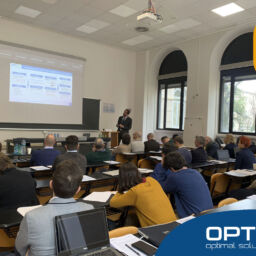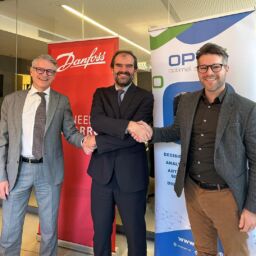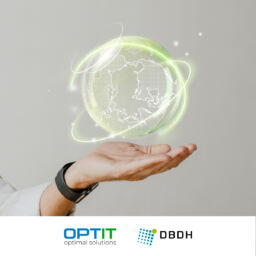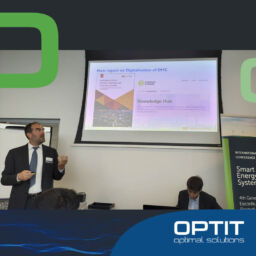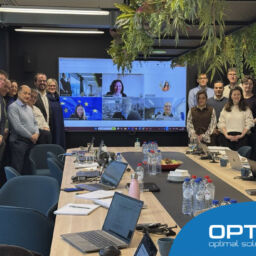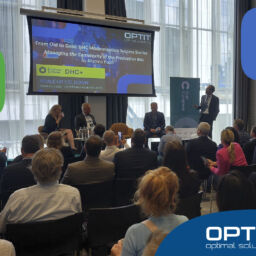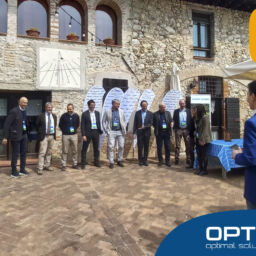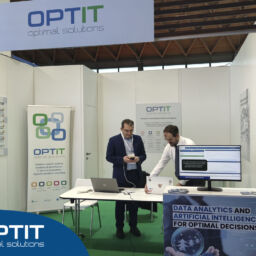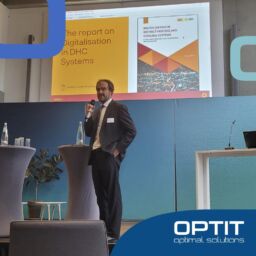The DHC+ Working Group on Digitization has produced this report in an effort to share with the wider district heating industry community an up-to-date view of the role of digitization in the growth of the sector as the challenges facing operators evolve. In particular, the report shows through a detailed series of case studies, how digitization is able to respond to the complexity of systems by generating benefits for both end users and solution producers, improving overall efficiency and long-term sustainability end of heat supply in increasingly complex scenarios.
The key messages of the report are:
- District heating is one of the key solutions to enable the decarbonisation of energy systems. However, to realize its potential, DHC systems must articulate with the full level of complexity of energy systems (mix of production technologies, distributed sources and sectoral couplings).
- Complexity can be managed effectively with digital solutions, leveraging data from the system and various external sources (market prices, weather forecasts, etc.) to achieve effective design and efficient operations.
- Maximum performance is achieved when the value chain is considered as a whole. In particular, buildings and customers are not yet fully exploited and hold great potential.
- We must act now to extract value from utility data and improve the performance of DHC systems by leveraging digitization. As the examples presented show, there is hardly an investment with better returns.
The DHC+ Digitization Working Group has launched an online survey to ask DH actors across the value chain whether they use digital tools: e.g. the Internet of Things (IoT), smart meters, big data, cloud computing, decision support systems and artificial intelligence (AI), and whether these tools are actually becoming a strategic and operational part of their processes.
Although a small group of pioneers are actively investing in digital innovation, some of them are mentioned in chapter 6, a significant part of the operators see this opportunity as a peripheral aspect of their core business and still devote minimal time and resources to it.
This report instead shows how the application of these innovative solutions can be effective – sometimes decisive – in solving operational problems and improve overall efficiency and long-term sustainability. The report also highlights how these improvements can be achieved while generating significant returns on capital and operating investments.
A common misconception is that you need to have a lot of data before you can start drawing conclusions from them. In reality, even with a minimal amount of data, an intelligent system can provide predictive information. Hence, the benefits of using digital technologies can be observed immediately after starting their use. Starting digitization today, while keeping it in parallel with your existing processes, is the surest way to increase business value and is the safest bet for creating a future-proof and resilient district heating system.
Matteo Pozzi CEO of Optit and Vice Chair of DHC+ is among the lead authors of the report which can be downloaded here.




